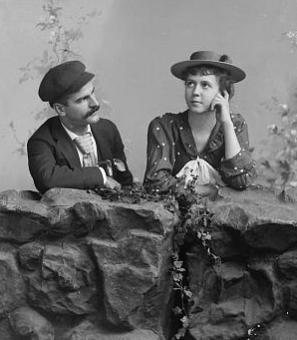Washington Hosts the Midsummer Classic, 1937
“The visions that baseball fans could conjure only in their fondest dreams will evolve as realisms at Griffith Stadium on Wednesday when spectacle will be heaped on spectacle, thrill piled on thrill. There, in a contest apart from all the rest, the dream game comes to life.” -- Washington Post sportswriter Shirley Povich, July 4, 1937.[1]
Though few others described the mood as eloquently as Shirley Povich, many in the nation’s capital shared his excitement as Washington prepared to host its first baseball All-Star game in 1937. Lou Gehrig, Hank Greenberg, Jimmy Foxx, and all the other great players of the era were coming to town to face off at Griffith Stadium. “Washington was in something of a dither as game time neared. From every point in the two big leagues incoming trains deposited the headliners of the game.”[2]
Back then, the Midsummer Classic was still in its infancy, born only four years earlier as the brainchild of Chicago Tribune sports editor Arch Ward. Why not pit the best from the American and National Leagues in a mid-season exhibition he had asked in 1933? Officials from both leagues were skeptical about the venture at first but agreed to go along when Ward proposed that proceeds benefit needy retired players.
While it started as a benefit, the game quickly took on a more serious tone for bragging rights between the two leagues. As the Post reported a few days before the 1937 game in D.C., “From the bosses of each league, the word has gone out to the managers to play to win and don’t spare the stars. League prestige is at stake.”[3]
Months in advance, Washingtonians gobbled up the tickets to the game, which was scheduled for Wednesday, July 7 at 1:30 pm. President Franklin Roosevelt pledged to attend and take part in another time-honored Washington baseball tradition. On the big day, he followed through on his promise.
“As an army of photographers sternly commanded the President to hold his pose, he held aloft a shiny new white baseball, and arched it skillfully toward the players of the two teams grouped near the first base line. The usual wild scramble for the souvenir ensued. Luke Sewell, of Cleveland, muffed the ball, it fell to the ground and Shortstop Bill Jurges of the Cubs, recovered it, glessfully [sic] shoving it into the pocket of his uniform.”[4]
In addition to the President, the stands were packed with a who’s who of Washington’s political elite and high society.
“In the stands that were a riot of color beneath the July sun sat representatives of Washington’s social and official life, as well as virtually every baseball fan in the Capital and from surrounding territory. With coats off, shirt sleeves rolled up and hats cocked back on heads, men forgot office cares and women ceased to notice who was there or what types of sport frocks were favored.”[5] As Shirley Povich quipped, “It was even money a foul tip into the stands would strike or be caught by a United States Congressman or other political big shot.”[6]
For all the hoopla, the game on the field turned out to be a bit of a dud as the American League cruised to an 8-3 victory.[7] Despite the lopsided outcome, the wordsmith Povich managed to make it sound interesting, in the most Washington-insider way possible. Pointing out that AL Manager Joe McCarthy had decided to fill five of the nine starting positions with New York Yankees, Povich couldn't resist referencing the debate over President Roosevelt’s SCOTUS “court packing” proposal, which was then dominating the political headlines:
“A neat packing job by Manager Joe McCarthy with President Franklin D. Roosevelt looking on – perhaps wistfully—upheld the validity of the American League’s claims to big league supremacy yesterday in fan-filled Griffith Stadium.
Downtown, at the Capitol, the United States Senate was still wrangling over his Supreme Court bill, but from his banner-bedecked box at the ball park, Mr. Roosevelt watched a wily baseball manager steal his own thunder.
McCarthy packed the American League All-Star lineup with five of his own New York Yankees, thus gaining a 5-to-4 majority, and with their bats they pounded out a thoroughly constitutional decision against the National League All-Stars.”[8]
Well done, Mr. Povich! For more on the game — and an odd electric guitar riff — check out the video below:
Footnotes
- ^ Povich, Shirley. “Fans to Pack Stadium For Thrill of Season: Fifth Annual Production of Spectacular Show Will Be Staged Wednesday, and Stars Will Play to Win. Gallery Glimpses.” The Washington Post, July 4, 1937, B2.
- ^ Povich, Shirley. “30,000 to See ‘Dizzy’ Battle Gomez in All-Star Tilt Today: Cardinal Pitcher Changes Mind, Arrives by Plane; Van Mungo, Stratton Out; Odds Quoted at 6 to 5; Game Starts at 1:30. Dean Hurls, No Favorite For Classic President Starts Play; Gomez Faces Dizzy; Action at 1:30. Dean Opposes Gomez In All-Star.” The Washington Post, July 7, 1937.
- ^ Povich, Shirley. “Fans to Pack Stadium For Thrill of Season..."
- ^ Povich, Shirley. “Americans Win Battle Of Stars, 8-3: Gehrig’s Homer Starts Carnage as Yankees Dominate Game. Gomez, Harder in Form; Medwick Gets 4 for 5; 32,000 Attend. Gehrig Slams Dean For Homer in Third Gomez Allows One Hit in Three Innings; Medwick Gets Four for Five; Hubbell, Mungo Fail to Halt Junior League’s Array of Sluggers, President Throws Out First Ball.” The Washington Post, July 8, 1937.
- ^ Miller, Hope Ridings. “Capital’s Social Leaders Pack Griffith Stadium: Officials, Celebrities, Debutantes Watch All-Stars Perform; Babe Ruth, Wife Attend; Senators Sit in Shirt-Sleeves.” The Washington Post, July 8, 1937.
- ^ Povich, Shirley. “Americans Win Battle Of Stars, 8-3..."
- ^ In baseball circles, the game is most often remembered as the beginning of the end of star pitcher Dizzy Dean's career. Dean -- who incidentally had planned to skip the game before a last minute change of heart -- was hit on the foot by a line drive in the third inning. His big toe was broken and, after attempting to come back from the injury before it was fully healed, he experienced arm trouble and eventually retired. See "Dizzy Dean Injury Marred 1937 All-Star Game" on MLB.com.
- ^ Povich, Shirley. “Americans Win Battle Of Stars, 8-3..."


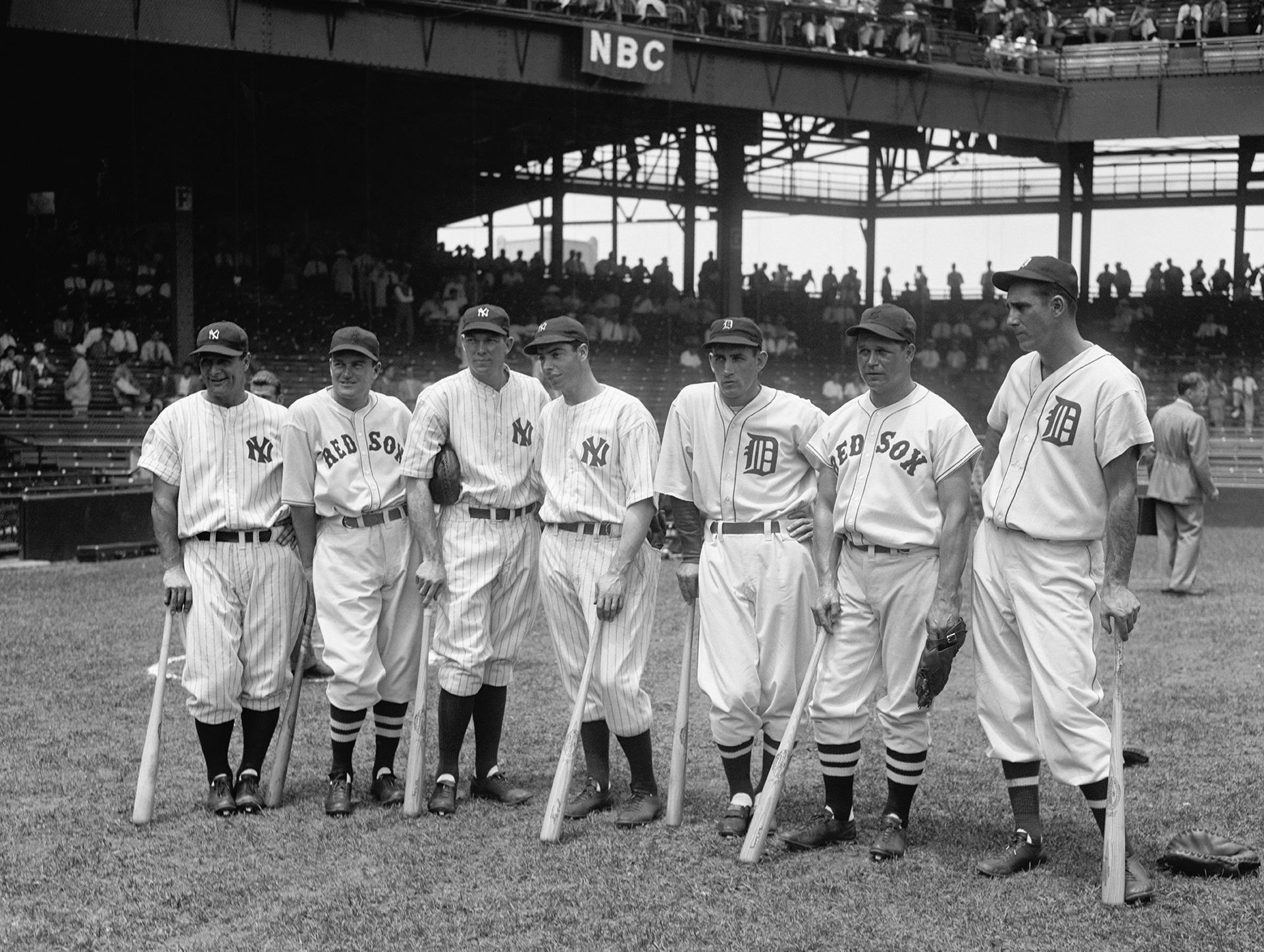
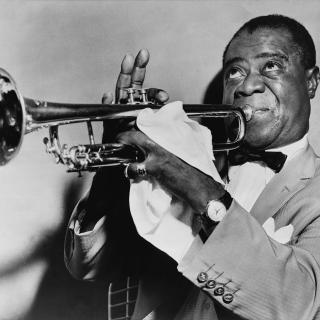
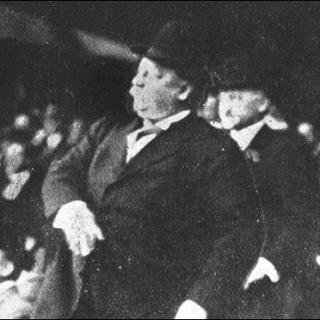
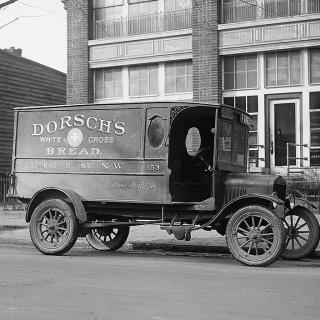
![Sketch of the mythical fuan by Pearson Scott Foresman. [Source: Wikipedia]](/sites/default/files/styles/crop_320x320/public/2023-10/Goatman_Wikipedia_Faun_2_%28PSF%29.png?h=64a074ff&itok=C9Qh-PE1)











